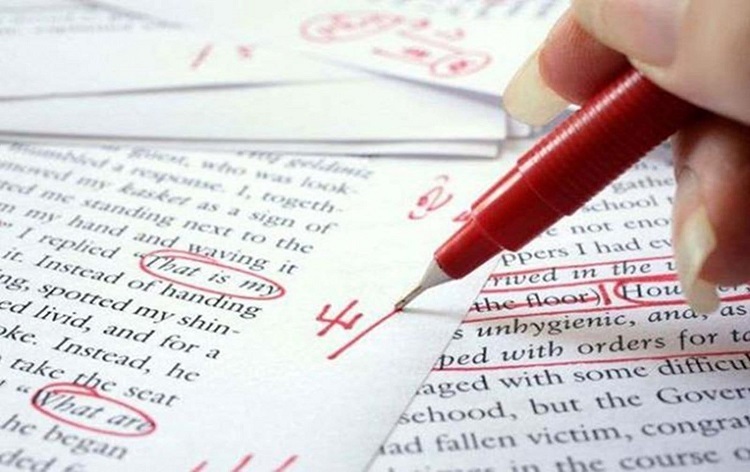When you wish to employ freelance editors or writers, it’s advisable that both you and the freelancer have the right skills and expectations. Are you sure that you understand what it is you need? In addition, copyediting, proofreading (also known as “proofing”), and editing are often believed to be the same thing – but they’re really not! Are you searching for someone to improve the flow and style of your writing or do you want them to ensure that all of your punctuation marks are in the right position?
In publishing, it’s already understood that a document that has been edited will still need to be checked. Skilled editors are often employed for their individual expertise and style in the certain subject field but if you’re searching for someone to go through the text with a really meticulous process, you have to work with skilled copyeditors or proofreaders. To help you clarify issues, experts have outlined a helpful guide to define their differences.
Table of Contents
Getting to Know the Basics of Editing.
When employing freelance editors, you’re paying for someone to review and improve your text with the aim to revise the overall quality and flow of your writing. Editors have the full power and freedom to rewrite paragraphs and remove the sentences. Skilled editors would resolve noticeable issues but their aim is to utilize their knowledge and intuition to ensure that the document answers ambiguity, resolve grammatical errors, and makes sense.
Getting to Know the Basics of Proofreading.
Proofreading is the method of evaluating the final draft of a text or document – after it has been edited – to ensure these matters are free from errors. Skilled proofreaders will review for incorrect use of the English language, punctuation errors, and spelling errors, ensuring that you’re making use of the native British English or American English when needed. For important proofreading, you’ll want to employ skilled freelance proofreaders with the skill to detect even the slightest grammatical errors that others might normally miss.
Working with proofreaders is particularly beneficial if you’re not sure of your writing if the English language isn’t your native tongue! While proofreading could be done automatically – for example, utilizing track changes in Microsoft Word – it’s often done on a printed form (also called the “hard copy”). In this case, you’ll have to understand their marks, a collection of indicators and symbols to state corrections.
Getting to Know the Basics of Copyediting.
To “copyedit” a document is to proofread it – with the added anticipation of ensuring style consistency with other things from the publication or company. Furthermore, copyediting is called the “sub-editing” in specific states. When you’re searching for freelance copyeditors, make sure they have the skill and eye of a proofreader as well as added knowledge in terms of numerous writing styles. Other consistency measures include making sure dates, names, and locations are always cited in the same manner.
Skilled copyeditors will also have the expertise of numerous style guides and can also carry out fact-checking or have specialized familiarity in a certain area. In the end, copyeditors can be a more expensive aid than a proofreader. Try visiting details of UKessays for more info!









